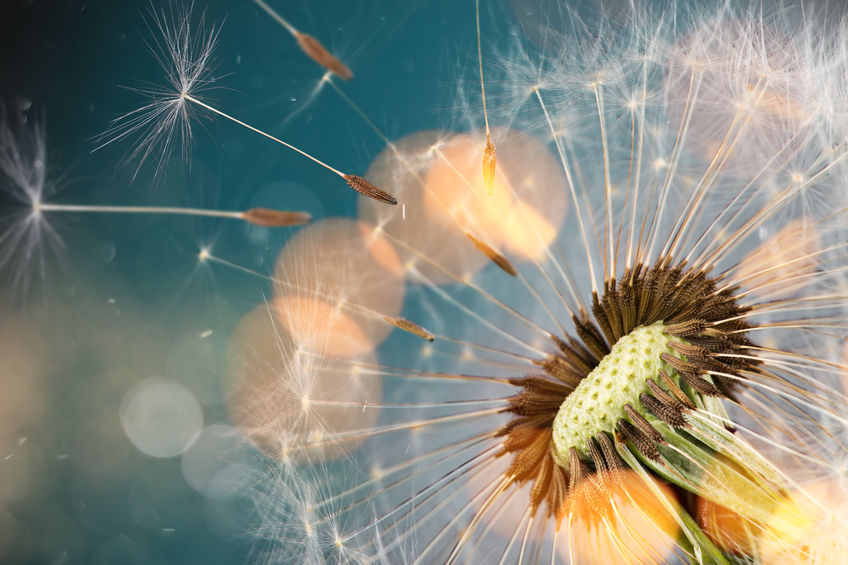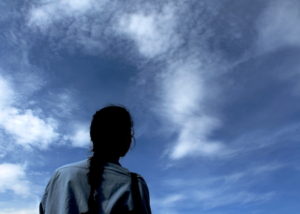Last week I was approached by a young woman looking for help because she’d lost her belief that the world can become a better place. She had just attended a workshop I’d given on how to expand strategic alliances. Throughout the session, she said, it was clear that I believe change is possible. How, she asked, have I maintained such optimism in the midst of so much wrong in our world?
It reminded me of a talk I gave last spring, titled: How to Avoid Burnout While Trying to Change the World, in which I describe how I have spent 25 years as a community and political organizer and still wake excited for each day.
This young woman is still young, I thought ruefully to myself, she has her whole life ahead of her to get burned out. What could I say that would re-enliven her sense of the possible? A few days later we met for lunch, this is what I said:
TELL YOUR STORY
We all have stories that shape who we are, and we are the narrator of our lives. We choose which experiences we allow to define us. What, I asked her, led her to commit herself to making the world a better place? How can she tell her story in a way that reinvigorates her purpose?
I started out by describing a seminal experience in my life – one that shaped who I am and how I move through the world. When I was 23 years old, I was hired as the finance director in a campaign to defeat an anti-gay ballot measure in the conservative state of Idaho. If the measure passed, it would take away basic human rights for gays and lesbians. We won, but barely: by an average of two votes per precinct.
The campaign was impactful for me in many ways, but here is one: the power and possibility of communities coming together. Throughout the campaign, different sub-communities emerged against the initiative: Republican moms who feared the impact of censoring books; Mormon families who resisted government overreach into our personal lives; Catholic Nuns who saw the threat to basic human dignity; and the CEO of Idaho’s largest corporation, who knew that being known as a hateful state is bad for business.
I thought to myself: look what is possible when all different kinds of people come together. Change is possible, and I can be an instrument of that change.
FIND YOUR PEOPLE
Compelling research finds that the happiest people are those with deep connections to others, and to a community. Who cares about what you care about? Who dreams about what you dream about?
I then turned to one of the darkest periods of my life – the aftermath of 9/11, the attack on the World Trade Towers in New York City. At the time I was a young mother living in Montana, and although it occurred thousands of miles away, I felt the enormity of what had happened and what was unfolding in the nation’s dialog. I saw the closing in, the ramping up of the militarization of our local and national law enforcement, and I felt lost.
This sense of disorientation was so deep that I spiraled into what I call an existential crisis: Why am I here? Who am I? What does anything matter, anyway? I turned, as I often do when I lose my bearings, to books, and one of the books I found that dark winter was Howard Zinn’s A People’s History of the United States, in which Zinn describes history from the perspective of farmers, workers, slaves, suffragists and immigrants, rather than from the perspective of the wealthy, the white men, the conquerers.
The history of struggle, it turns out, is one of waging and winning many battles, and usually losing the war. Why, you might ask, did I find this so helpful? It is because in those stories, I saw myself. I am part of a long, an ancient tribe of people who fight for justice, opportunity and equality. We may lose a lot, but we do our work and when we win, it matters. It matters even when we lose: it is the fighting and believing that makes us who we are. And I saw that this tribe will continue on once I grow old and lay down my arms.
This realization allowed me to see that I am never alone, and that the work we do matters. As Martin Luther King, Jr. said so beautifully: “The arc of the moral universe is long, but it bends toward justice.”
KNOW YOUR CIRCLES OF INFLUENCE
“Grant me the serenity to accept the things I cannot change, the courage to change the things I can, and the wisdom to know the difference.” The Serenity Prayer
I offered one last insight. As I’ve written previously, circles of concern are things we care about, from global warming and presidential candidates to the choices our grown children make. It’s the “stuff” we read in the paper, or watch on the news. Circles of influence are the things we can actually impact or affect – how we respond to an impatient coworker, whether or not we participate in a volunteer project, how much time we take to dig deeper and connect more dots in our work.
We have many levers to pull within our circles of influence. Once we begin to do so, a remarkable thing begins to happen: we discover that our circle of influence begins to expand, increasing our ability to impact our circles of concern. It’s unlikely that we will ever experience complete alignment between what we are concerned with and what we actually have influence over, but not leaning in to what we actually can impact assures that this misalignment will widen.
Our lunch plates cleaned, I knew our conversation was coming to a close. I wondered if what we’d talked about would offer her helpful touchpoints in her journey. I hope she circles back to me once in a while to tell me how she’s doing.
It also made me curious about others’ experiences: how do you keep the fire burning within?

